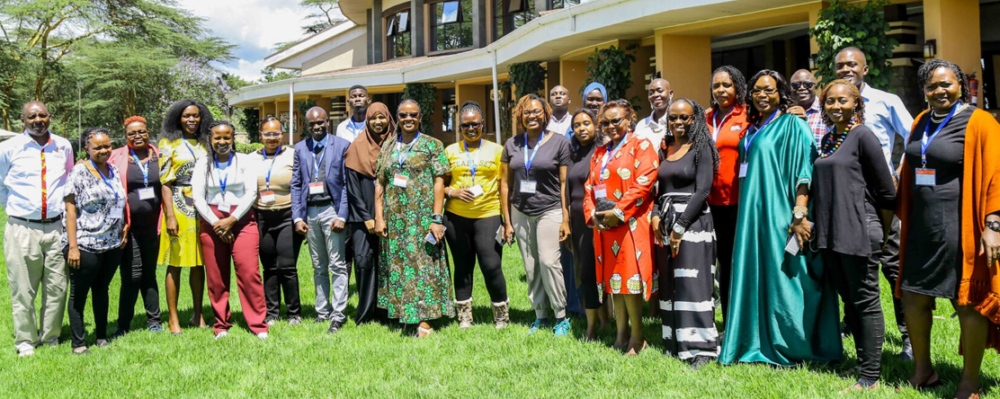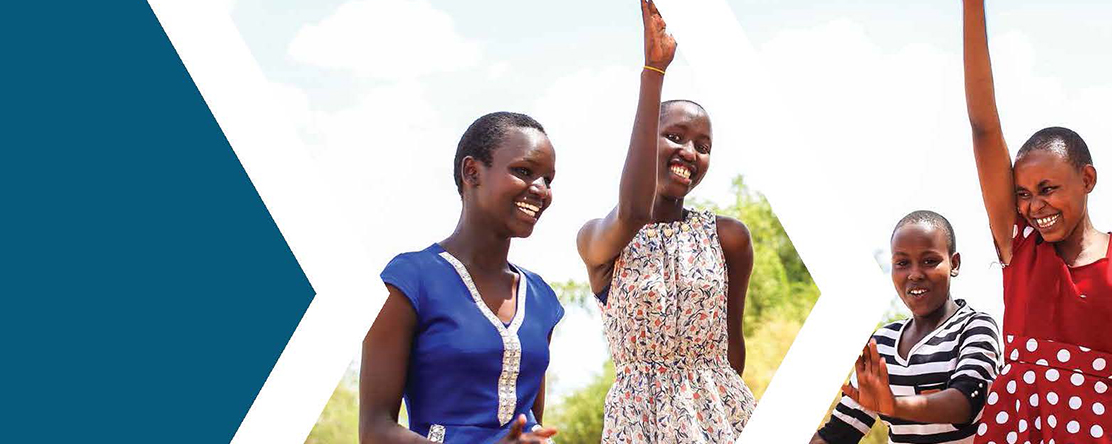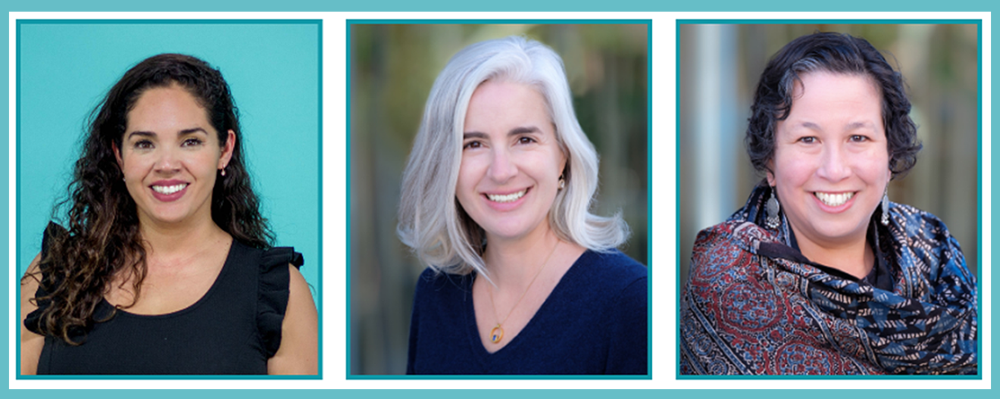
Report: 10 Years Rising: Celebrating a Decade of Global Impact for Girls, Youth, and Women

PHI’s Rise Up activates girls, youth, and women to transform their lives, families, and communities. They help build a more just and equitable world by strengthening leadership, investing in local solutions, and building movements.
In 2009, Rise Up started out as a small team with a big vision to create change. Today, Rise Up is a renowned leader in the global movement for gender equity, with 640 Rise Up Leaders in 17 countries who have collectively advocated for 120 laws and policies—impacting 135 million people in Africa, Latin America, South Asia and the United States.
Rise Up’s award-winning methodology has enabled more than a thousand girls to become leaders and speak out for their rights. They’ve also invested $3.9 million in Rise Up Leaders’ strategies to bring an end to child marriage, support girls to finish school, create economic opportunities for women, and so much more.
An evaluation of their work over the last ten years highlights their successful model and the youth leaders they have supported:
Originally published by Rise Up / the Institute of International Education
Work With Us
You change the world. We do the rest. Explore fiscal sponsorship at PHI.
Support Us
Together, we can accelerate our response to public health’s most critical issues.
Find Employment
Begin your career at the Public Health Institute.


